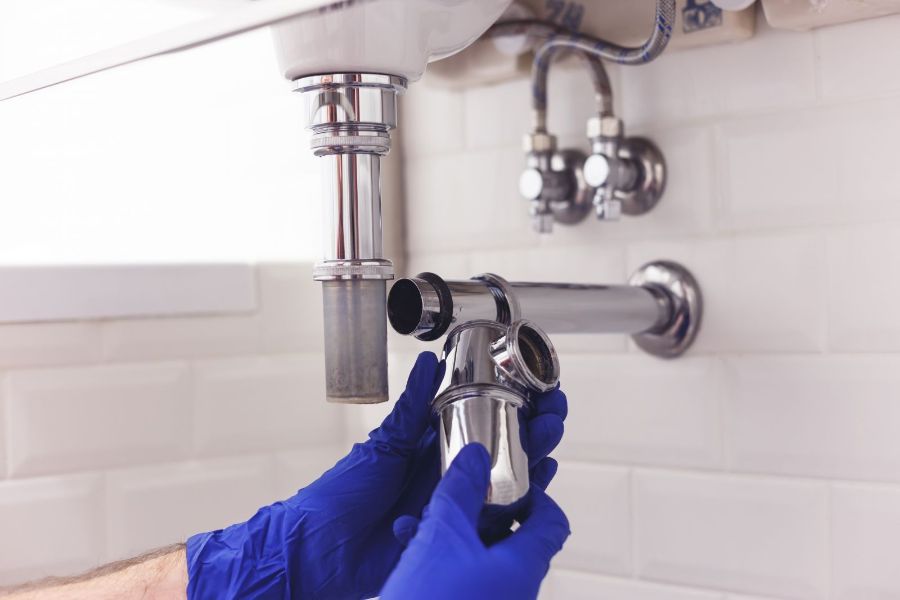Plumbing is a complex and often scary topic. There are many myths that people believe to be true, but the truth is that these ideas will only end up costing you money and time down the line! In this blog, we will cover some of the most common plumbing myths and explain why they're actually false.
There is nothing to worry about Hard water
The myth that "hard water causes calcification" persists because people are concerned about the build-up of minerals in their pipes. It is true that hard water does contain more calcium and magnesium than soft water, although it's not enough to cause any damage. Despite what you've heard, there is no evidence that hard water damages your plumbing or your health. The only way that hard water could be an issue is if your pipes were thoroughly rusted, which would indicate other issues. Furthermore, the minerals in hard water actually act as a natural solvent which prevents calcification.
It is safe to flush baby wipes
This is one of the biggest plumbing myths around. Many people believe that it's okay to flush wipes because they're "disposable," but think again! Baby wipes do not break down like toilet paper and can easily clog toilets or even damage septic systems. The best thing to do with your used wipes is to put them in the trash can.
Low water pressure is a simple inconvenience
Not necessarily. When someone experiences problems with their plumbing, the first thing to check is where the water pressure is coming from. If it's low when using both hot and cold water, it could mean that the issue will require professional attention. This includes issues like leaks in your fittings or partially-blocked drains. Low water pressure isn't something you should ignore!
There's nothing left for me to learn
This myth states that if you know enough about plumbing, there is no need for you to hire a plumber because you'll only end up paying more money. However, this isn't true at all! Plumbing requires special training which water filter will prevent hard water build-up: While water filters are good at reducing the impurities found in tap water, they will not prevent mineral build-up on your plumbing fixtures. If you want to save money on maintenance and hardware replacement, it's best to invest in a home water softener.
A plumber is only there for emergencies
The work of a plumber is not limited to emergencies. A plumber can help with many household plumbing issues, including leaks, clogs, blockages, and other problems that require immediate attention. It's best to consult your local plumber before you try dealing with any serious plumbing issue on your own!
You don't need insurance if you're doing DIY plumbing
This myth is an especially dangerous one. In some jurisdictions, it's even illegal to perform plumbing repairs on your own unless you have the necessary license and insurance! Building code varies from province to province, but in cases where hazardous issues are involved, it is best not to take any chances. Even if doing a small plumbing project on your own seems safe enough, you never know what might happen down the line.
A plumber can fix all problems
While a plumber certainly knows how to deal with most household plumbing issues, he/she is not a miracle worker. Some plumbing jobs will require professional assistance simply because they are too much for the average person to handle. If you need help getting rid of leaky or sluggish appliances, make sure you consult your local plumber before doing anything else!
There is nothing wrong with using the toilet as a trash can
Believe it or not, some people use their toilets to dispose of all kinds of waste. While this may seem like an innocent act, it actually poses many risks. For example, throwing away toxic or flammable material in your toilet can cause serious problems when they interact with your sewage system. Furthermore, clogging your plumbing by putting items like baby wipes down the drain is never a good idea.
